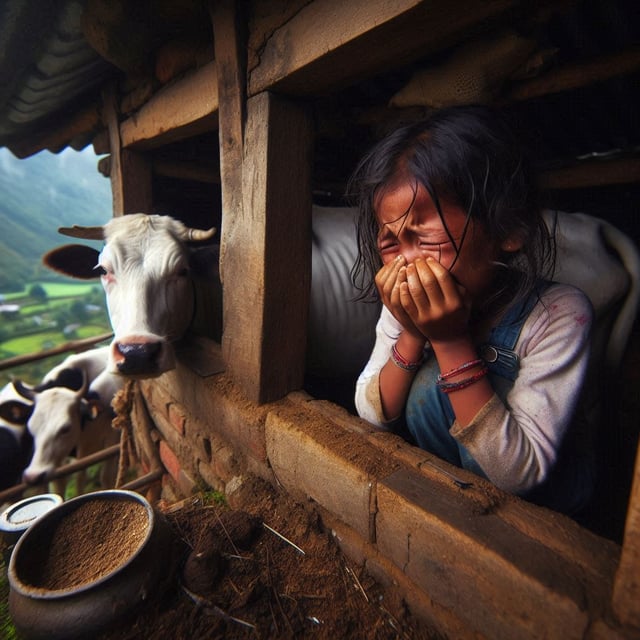History of Sikhism and Nepal

History of Sikhism in Nepal goes back to the root of Sikhism as it is believed that Guru Nanak not just visited but also meditated in the capital of Nepal- Kathmandu.
Guru Nank first meditated in the location of Singha Durbar the seat of Nepali government and later arrived in a muth in Balaju. The ruling king gave 1,200 ropanis ( 1 ropani= 508.72 sq. m.) of land to make the muth self-sustaining.
Similarly, king Jay Jagat Malla of Kathmandu is said to have visited Guru Nanak in his visit to Varanasi.
The relationship took a major twist when Gurkha empire and Sikh faced one another during the territorial expansion.
Gurkhas in the command of Amar Singh Thapa took over the fort of Kangra in present day Himanchal Pradesh of India.
History suggest that Maharaja Ranjit Singh only decided to interfere after he realized that Gurkha forces have agenda of expanding itself towards Kashmir Valley that concluded it in war.
The Gurkhas lost the war in Kangra fort as a result Nepali side never discuss its history of Kangra.
The war created a complex relationship between Sikh and Gurkhas and whenever one of the two empire got threatened the other remained cautious and couldn’t prove to help the other.
After the Anglo-Nepal war that concluded in 1816 which forced Nepal to further make territorial concessions and was taken bitterly from Nepali side.
Captain Balbhadra Kunwar one of the Gurkhali heroes alongside 300 Gorkhalis left Nepal and joined the army of King Ranjit Singj in Punjab.
The capital of Punjab- Lahore became an expedition for Nepalese from which the term Lahure emerged, which later meant Nepalese that go to work in a foreign country.
After the death of King Ranjit Singh, the Sikh Empire faced series of battle with the East India Company and as the Company Government started troubling the youngest wife of King Ranjit Singh, queen Jind Kaur managed to to escape Punjab disguised as a servant girl and came to Nepal via Nepalgunj.
Those who accompanied her settled in area around Nepalgunj. In 1861, queen Jind Kaur left Nepal after living here for eleven years went to London.
Sikh may seem a community very distant from Nepal but they have been a major contributor in Nepal. They have involved in automobile sector, selling goods in department store and farming. The maoist civil war paralyzed Sikh transportation business and modern history of Sikh is a story of another day.
Author
Kripendra Amatya
Editor
Dana Moyal Kolevzon, Director of International Relations, Nepa~laya Productions
Published Date
April 4, 2025



